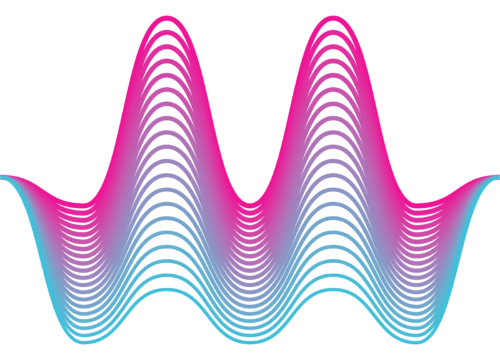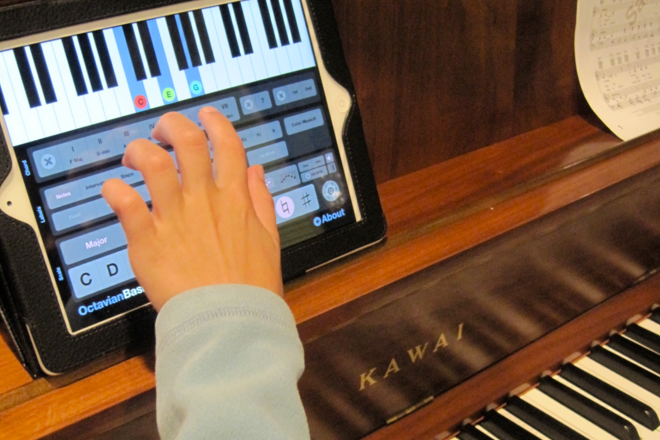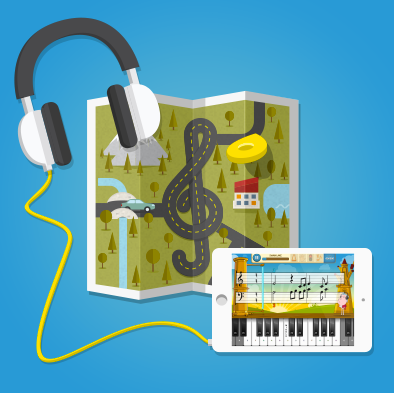Memorize Sheet Music – Fast!

Learning to memorize sheet music can be a real challenge for musicians of all levels. Here are some tips that can help!
Some songs are so catchy you want to pull out your hair when they’re stuck in your head. Others can sound obscure and leave you struggling to hum them back. Whether a beginner or a pro, you need tools for memorizing all kinds of music. You need to know which aspect of your memory faculty is strongest.
Learning how to read and write music, formal notation, and shorthand can be very helpful. You can always have a cheat sheet up on stage or in rehearsal.
But ultimately, music is the art of sound – it’s in your mind and heart. There are plenty of techniques for developing your musical memory. This article will break down some tips to help you do just that.
Visual methods to memorize sheet music.
Do you remember what you wore to your 14th birthday party? Or the shape of your favorite rock at the beach? If you do, it probably means you have a strong visual memory.
Although music exists in the realm of sound, an excellent visual memory can be constructive in memorizing music. If you read music fluently, this is the ultimate visual memory companion. But there are other components of music that you can capture in the eyes.
Here are a few ideas:
Watch your hands.
Specifically for guitarists and pianists, the hands are the body of the musical memory. Many musicians speak about developing muscle memory in their fingers, but this goes hand in hand (pun unintended) with remembering the appearance of the shapes they make on the keys or strings.
When the mind goes blank on the way the music sounds, remember how it looks when your fingers jump from C to G, from F to Dm, or whatever!
Extra tip: place your fingers on the piano, and then arrange them in the same way on your desk. See how accurately you can maintain their shape.
Make it fun and try out some piano games that exercise your fingers.
Color your chart.
Heard about synesthesia? It’s a condition where musicians associate specific notes with colors.
If you see a strawberry, you immediately know that it’s red. However, a synesthetic person will hear the note D and see the color red immeasurably associatively.
Suppose you were born with this gift – lucky you! If not, that’s ok. Colors can still be instrumental in remembering the emotional flow of a piece of music.
Try highlighting each section of your sheet music in a different color to remember whether it’s loud and frightening or gentle and caressing.

Draw the shape of sound.
The shape of the sound in music theory is called the contour. Drawing the contour is sort of like creating a graph of the music. You can associate the contour’s peaks and troughs with any musical elements – pitch, volume, and emotional intensity. This is the perfect cheat sheet for any performance or rehearsal if you’re trying to memorize long pieces of music.
Auditory methods to memorize sheet music.
Can’t get songs out of your head? Good at imitating voices and making weird sounds? Know a few languages? You must be a solid audio learner – most musicians are!
And yet, most of the music we listen to is the same twelve notes. This can create chaos in remembering melodies.
As a musician, you’ll need recipes for memorizing songs and distinguishing between similar pieces in your memory.
We will try to help with a few tips:

Sing it back.
Instrumentalists often have a complex about singing. “Nah, I don’t sing. I just play the drums.”
While you may not be comfortable singing yet, you can and should use this natural instrument.
If you can’t find it, it sits right between your mouth and throat and sort of feels like speaking, only smoother!
For any instrumentalist, singing is the best way to memorize music. You hear the music every time you sing it out loud, and you entrench the melody into your vocal muscles.
You can do it from anywhere, easily control the volume, and it’s free! Here, you can read more about how singing improves your musical and general memory.
Not sure whether you’re singing it correctly? Ask a friend to listen, or sing along with the recording as a reference point.
Again and again and again.
Repetition is the name of the game—repetition, repetition, repetition.
Break the music up into tiny fragments – between two and four bars. Play or sing each one on repeat until it feels comfortable, natural, and even monotonous.
Whenever you add another phrase, go back to the ones before and join them.
It can feel tedious and stressful, like staring for hours down a microscope.
But it pays off!
It makes the music feel like it’s in your bones. Simply Piano is perfect for learning music slowly and repetitively. Be patient and persistent, and you can memorize music in no time.
Active and passive listening.
Sometimes we can walk into a room and not see half the objects at first glance. In the same way, when we listen to music, we are usually oblivious to the fine details.
Active listening is applying our theoretical and analytical minds to what we hear. Press pause and ask yourself, was that chord major or minor? Engaging in the music you listen to will help it sink into your memory.
On the other hand, some people absorb information more efficiently through their subconscious. This is passive listening.
Depending on what kind of learner you are, you can memorize music while cooking, cleaning, or driving can be what you need. Before you know it, you’ll be walking around humming and saying, “what is that song stuck in my head? I don’t even remember hearing it!”
Somatic methods to memorize sheet music.
Music happens all around us but also inside of us. Sometimes you just need to drop into your body to make memorizing music more accessible.

How does it feel?
Music is inextricably emotional. One of the best ways to develop your musical ear is by training yourself to stop and ask, how does this chord, melody, or rhythm make me feel?
Tuning into how music resonates with you is the path to becoming one with the music you hear and create.
Music is also evocative of memory and nostalgia. If you’re having trouble memorizing a song, try actively listening to it and focusing on your heart and body sensations. Notice if the music takes you back to a specific place or time or if it conjures up any visions or smells.
Dance it out.
In the end, music is always about moving. That movement can be gentle and swaying or wild and ecstatic.
Get up and move your body to the song you’re trying to memorize. Once you can feel that groove in your hips and the rhythm in your feet, you can be sure the music will stick!
Don’t stop ‘til you get enough…but then stop.
Memorizing music can be stressful and tiring, especially if you’re on a deadline with many materials to learn. Make sure you take breaks for food, sleep, walk in nature, and refresh your ears.
Don’t be hard on yourself. Your brain is working very hard to keep you alive. Give it time and patience; eventually, it will be your loyal companion.
Want to make it a little easier on yourself? Try out Simply Piano.









